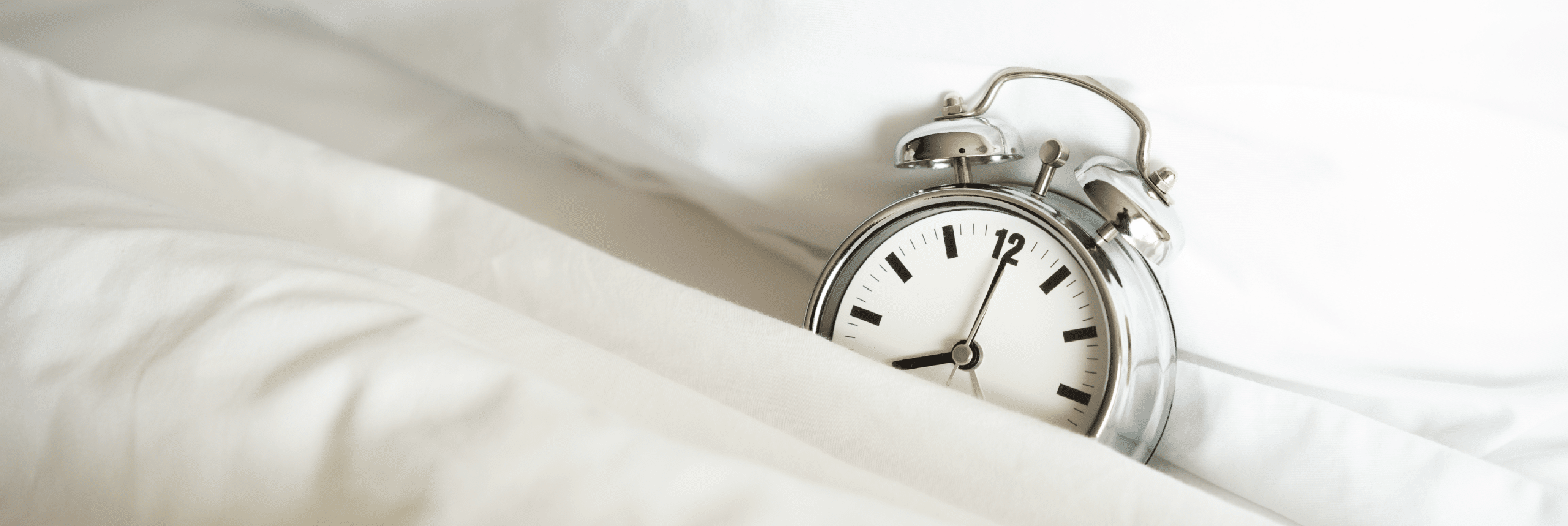“I slept 8 hours last night – but why don’t I feel refreshed? How much sleep do I need?”
“I don’t need much sleep; I function well for 5 hours – and lots of coffee. That’s normal, right?”
The question list is endless when it comes to sleep and its related science. So many factors come into play when it comes to good sleep; number of hours, quality of sleep, time of sleep and wake up, good sleep position and more. But a common factor in, literally, all the humans in the world, is that good night’s sleep is an essential function for the body and mind to recharge. Without sufficient and quality sleep, the body remains lethargic, unable to fight off diseases and results in a brain that cannot function optimally. The brain, in turn, will not be able to restore memories, process information and think clearly. Here are some key points to keep in mind before we decide to burn the midnight oil once again!
1. We have an internal body clock, called the circadian rhythm, which “decides when it is that we are fresh, and when we start feeling tired. The circadian rhythm works on a 24-hour cycle, making us feel fresh upon waking up and increasingly tired towards the evening. Light is also a huge factor in determining the circadian rhythm. Our brain contains a special region of nerve cells that informs or signals the body when it is exposed to light, may it be light from the sun or from artificial sources. This is how our body learns the difference between day and night, allowing us to generate a night-and-day body clock.
2. When it comes to good sleep hours, it ranges based on age and personal profile. We cannot compare one’s sleep requirements to another with different professions, ages, and overall lifestyles. For example, a night shift worker would require between 6-8 hours of sleep during the day to function optimally during his job at night. But a preschool teacher would require around the same number of hours, but during the night, to teach efficiently during the day. However, there is a general recommended guide for us to try to attain the average number of hours of good sleep.
3. Newborns require 14-17 hours of sleep daily to further develop the brain and body upon birth. As they continue to grow into toddlers, their sleep hours requirement reduces to 10-13 hours a day, to complement their ever-active minds, allowing them enough wake time to explore and nourish their brains. Teenagers require 8-10 hours of sleep daily; and this is the age when hormonal changes are at their peak, which may influence volatile sleep hours and emotional triggers. As they outgrow this phase, 7-9 hours a night will suffice, and this continues up to the older adult phase.
Note that the number of hours serves as a general guideline. Many other factors exist when it comes to ensuring that you get the good night’s sleep you deserve; such as quality of sleep, comfortable sleep tools, low levels of light, and exposure to noises.
4. You may also wonder, does it make a difference, what time we sleep, if we get enough hours? Well, yes, it sure does. Remember that your body goes through a circadian rhythm, which signals your body when it’s tired and needs rest. By going beyond this rhythm, we potentially destroy our internal body clock, which may affect our physical and mental health. Our bodies are also a truly smart machine that “knows” what time it is, based on light exposure and temperature levels. By obstructing the body’s instinct to sleep, we potentially disrupt the well-oiled machines that are our brain and body.
5. Sleep tools MATTER. A decent cooling agent (AC/fan), comfortable sleepwear, clean pillows, and blankets; all these help you get a good night’s sleep. We’re huge fans of C-PRO’s Mattress Topper. Made with entirely biodegradable, dirt-free, bedbug-free, cooling material, you are a purchase away from spine-friendly sleep and sweet dreams! Your little loved ones also deserve their very own version of C-PRO’s Baby Mattress to support their spinal growth, and restful recovery, and anti-SIDS mattress topper.
Remember, all of us have a natural, inborn talent to sleep. Even though some of us may be out of practice, it only takes a few simple steps of relearning and finding our way back there! Here’s wishing you a good night’s sleep everyday!




